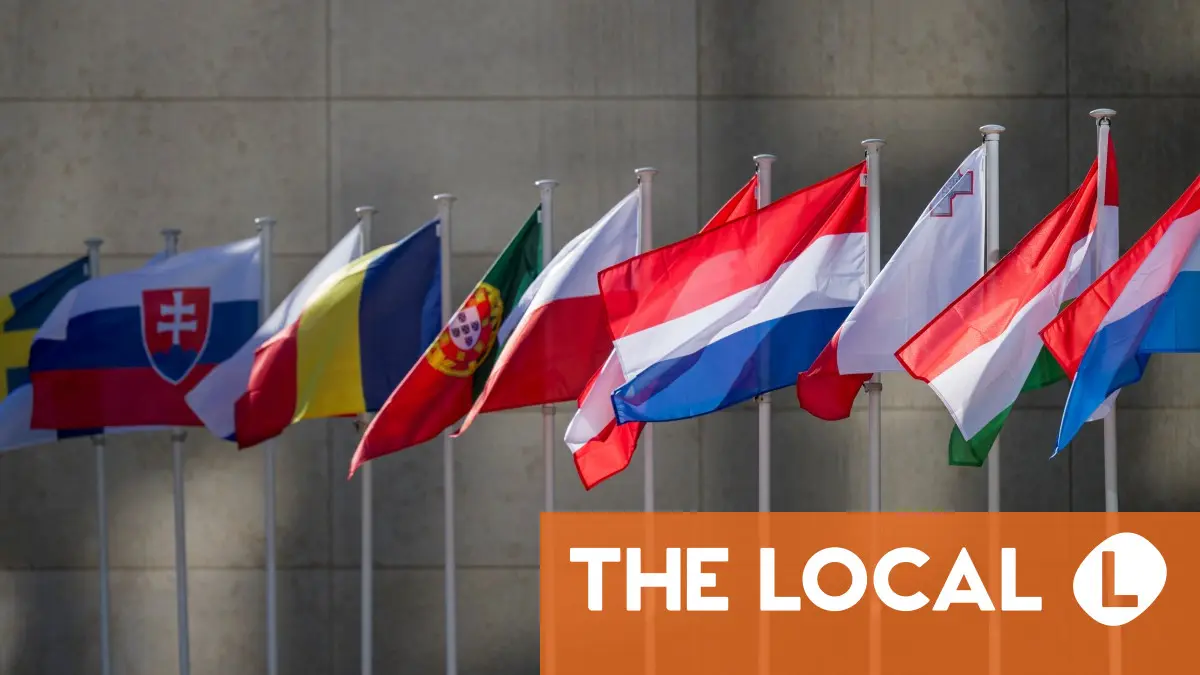The first Global State of Citizenship report, by the Global Citizenship Observatory (GLOBALCIT) at the European University Institute (EUI) in Florence, analyses citizenship laws in 191 countries in 2024.
Researchers found that “with the growing number of armed conflicts and incidence of terrorism worldwide, many countries have introduced provisions for withdrawing the citizenship of a person on the basis of national security grounds.”
Over a third of countries, including many European ones, “can now strip a person of their citizenship when their actions are seen as disloyal or threatening to state security,” the report says, and the trend has been expanding.
The practice is linked to an “increasing securitisation of citizenship” since the terrorist attacks of September 11th 2001 in the USA. Between 2000 and 2020, 18 European countries put in place measures to deprive persons of citizenship because of national security or to counter terrorism. Before 2001, these measures were “virtually absent”, the report says.
Recently, the Swedish government commissioned an inquiry on the revocation of citizenship from individuals threatening national security. Germany’s coalition parties discussed this option for “supporters of terrorism, antisemites, and extremists”. Hungary also amended the constitution to allow the temporary suspension of citizenship because of national security.
Middle East and North Africa are other regions where these policies have expanded, the report says.
Advertisement
Ways to strip citizenship
The report identifies four ways in which citizens can be stripped of their status on security grounds. Nearly 80 per cent of countries have rules covering at least one of these situations.
In 132 countries around the world, and two thirds of European states, citizenship can be removed for disloyalty or for acts that threaten national security, such treason, espionage, trying to overthrow a government or terrorism. Such rules exist in Belgium, Estonia, France, Germany, Greece, Ireland, the Netherlands, Switzerland, Turkey and the UK.
In 89 countries, however, this rule concerns only to people who naturalised, not those who acquired citizenship by birth.
Another reason that can lead to the stripping of citizenship is having committee serious criminal offences, which typically involves having been sentenced to imprisonment for a certain period. These rules exist in 79 countries but only a few in Europe.
In 70 countries, citizenship can be removed for serving in a foreign army and in 18 this measure concerns only people who acquired citizenship by naturalisation. In Europe, 40 per cent of countries – including France, Germany, Greece, the Netherlands, Estonia, Turkey, Belarus and Bosnia Herzegovina – can remove citizenship under certain conditions for having served in another army.
Latvia, one of the countries that can revoke citizenship for such reasons, changed the law in 2022 to allow its citizens to work with the Ukrainian military forces.
Citizenship can also be removed for providing non-military services to another state, such as being elected in a public office, working for certain agencies or just in the civil service. Such rules exist in 75 countries around the world and some in Europe too, including France, Greece and Turkey.
Advertisement
People naturalised more at risk
Luuk van der Baaren, co-author of the report, said at the presentation of the study that “these developments indeed raise an important question as to what extent is citizenship still a secure legal status”.
The data also shows that “a large share of the citizenship stripping provisions are discriminatory in nature, as they only apply to specific groups, particularly citizens by naturalisation”.
This is to prevent that a person remains stateless, but it means that “citizens by birth have a secure legal status, while those who acquired citizenship later in life do not,” he added.
Losing citizenship may not only affect the personal security and life opportunities, but also that of dependants, the report says, as in 40 per cent of countries citizenship deprivation can extend to children.
Other ways of losing citizenship
There are other ways, intentional or not, to lose citizenship, according to the report. The most common, is to have withdrawn because it was acquired in a fraudulent way. Such rules exist in 157 countries.
156 states have also rules on how to voluntarily renounce citizenship, usually with provisions to ensure that a person does not end up stateless.
In 56 countries, people can lose their citizenship if they acquire another nationality, and in 55 this may occur by simply residing abroad.
Under the Universal Declaration of Human Rights, “everyone has the right to a nationality”, but four million people in the world are stateless “because their citizenship remains denied or unrecognised,” the report continues.
On the other hand, 35 countries do not allow people to renounce citizenship, or make this impossible in practice.
Advertisement
Unequal rights
The report also looks at ways to acquire citizenship and finds “highly unequal pathways”. The most common naturalisation requirement knowledge. Less common are economic self-sufficiency, civic or cultural integration, language or citizenship tests, and renunciation of other citizenships.
On residency requirements, Americas and Western Europe have the more inclusive measures. Citizenship in European countries is also regulated via the European Convention on Nationality, under which the residence requirement cannot exceed 10 years.
In 15 countries the wait is longer than 10 years: Equatorial Guinea (40 years), United Arab Emirates (30), Bahrain (25), Qatar (25), Bhutan (20), Brunei (20), Eritrea (20), Oman (20), Chad (15), Gambia (15), Nigeria (15), Rwanda (15), Sierra Leone (15), St. Kitts and Nevis (14), and India (11).

























